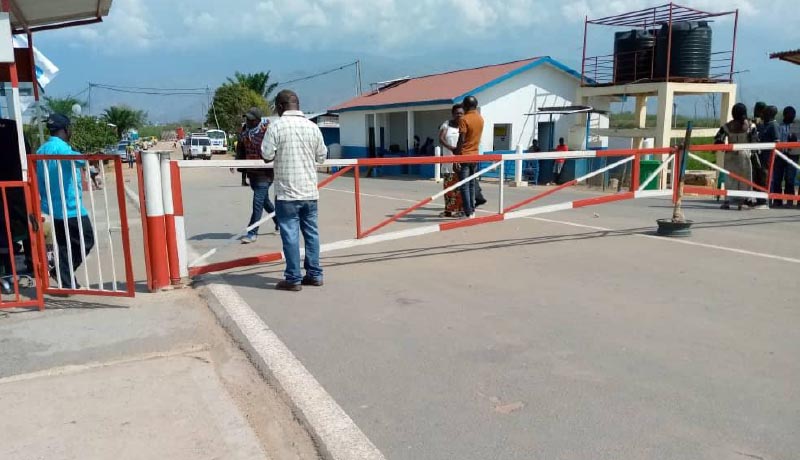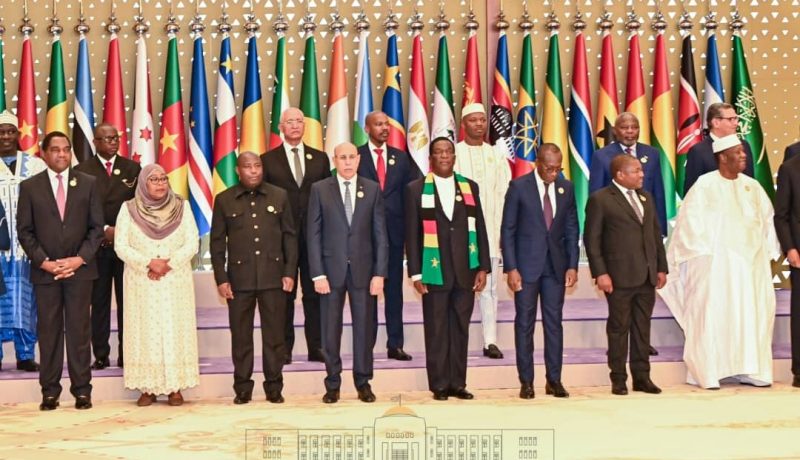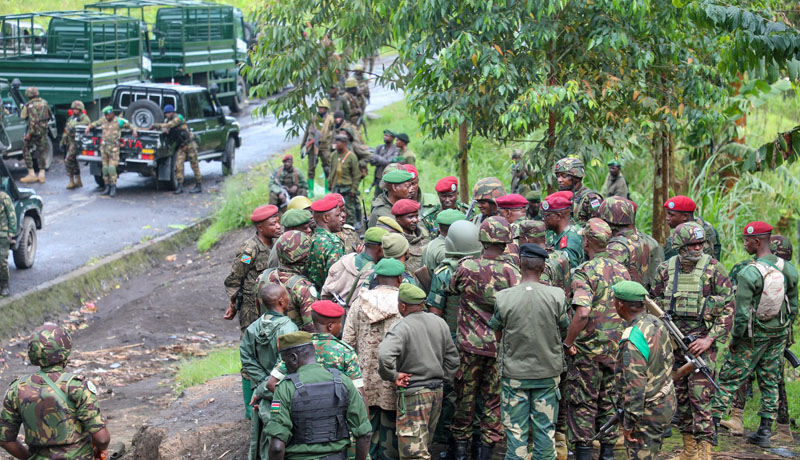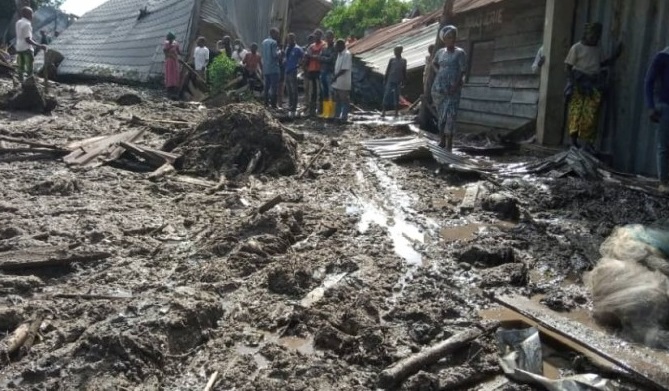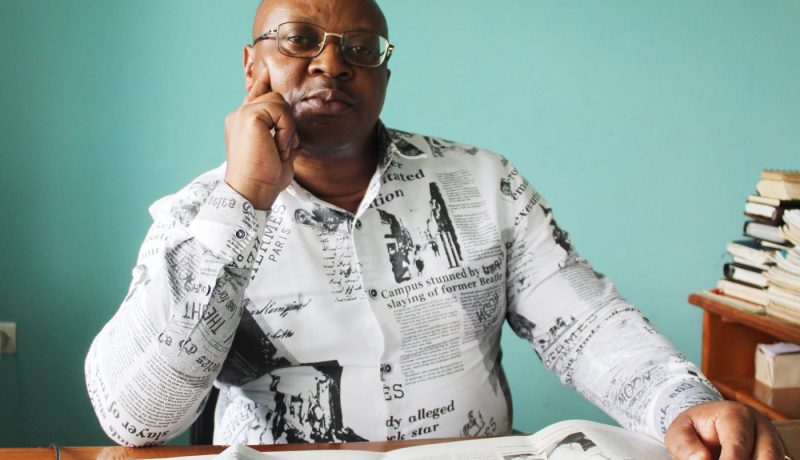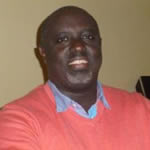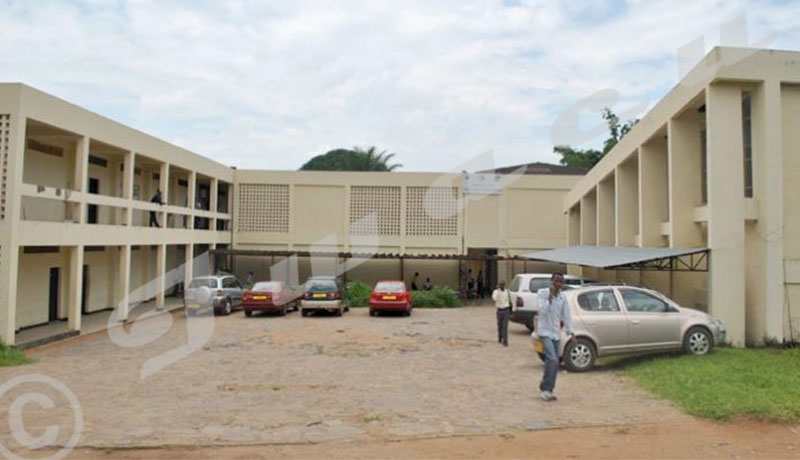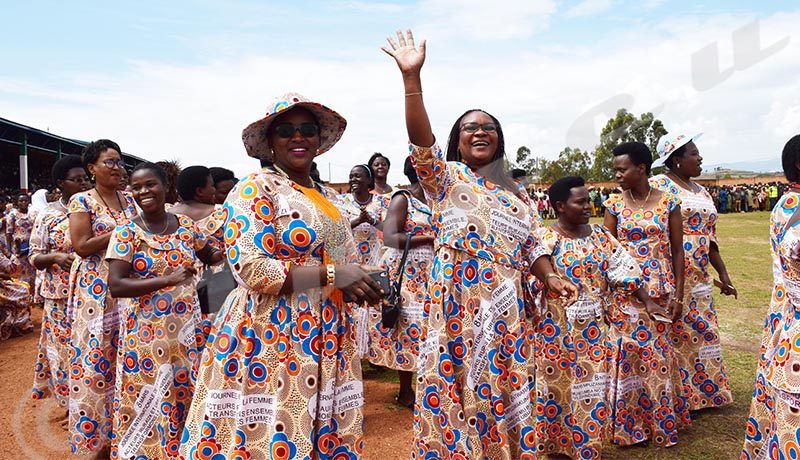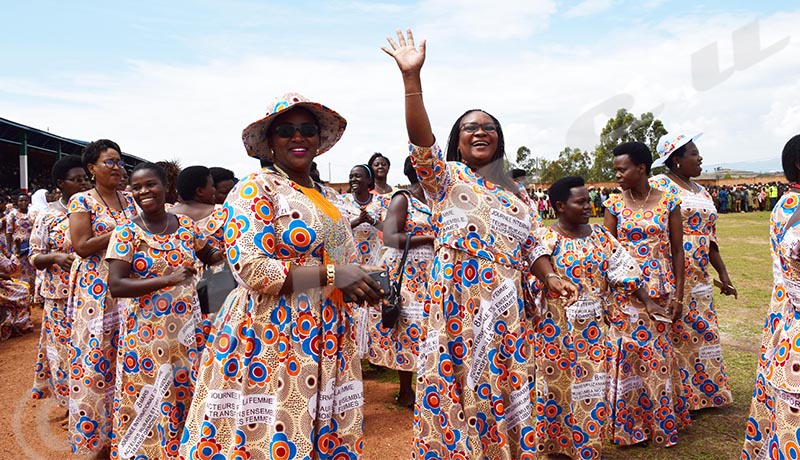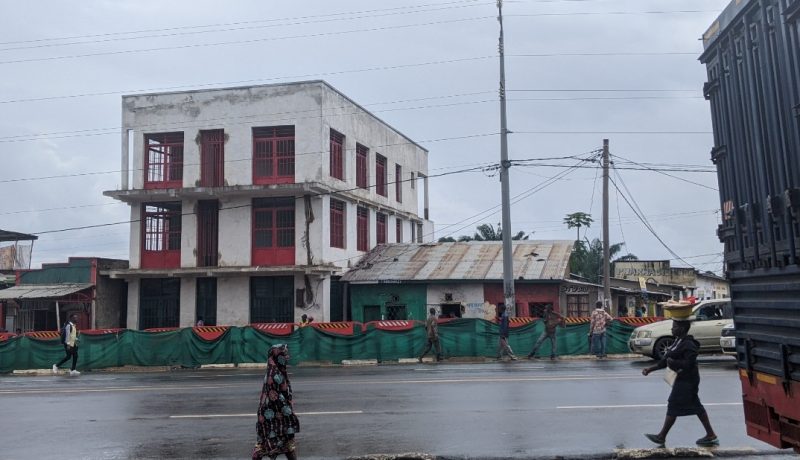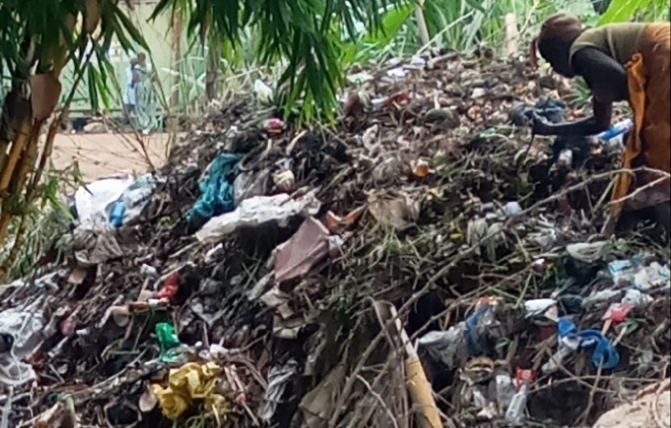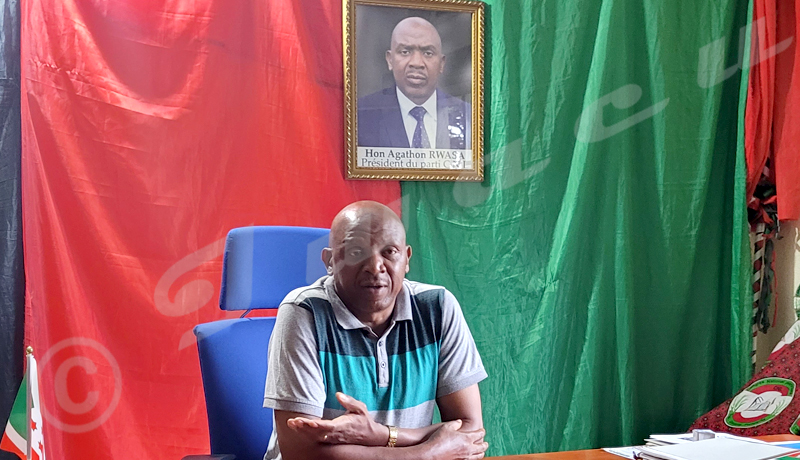Burundi’s future lies in the hands of people like Bonose and Jacques, who are primary school teachers in Gatabo village in Karuzi province. They work from 7.30am to 5pm teaching two shifts of children; one in the morning and one in the afternoon.
By Hugh Bayley, MP
Last week, however, they had a different pupil – me, a British Member of Parliament who came to stay with them to learn what life is like in an African village. They were kind and generous hosts who welcomed me into their family and their home.
I arrived in Gatabo in the afternoon, having driven from Bujumbura with Action Aid, the international NGO who put me in touch with Bonose and Jacques.
Action Aid also found me an interpreter, Natacha Akimana, who is studying English Language at the University of Burundi. When we got to Gatabo, we went to the school, where I met Jacques who was returning from work. We walked through the fields of banana, cassava and beans to his home. In the valley below his house, he showed me the clean water spring, provided by the NGO, CSV, which he shares with his neighbours. As we climbed the path to his house, his four year old son, Trésor, ran to greet his father. He was a little shy at first when meeting me, but he took my hand and led me to his home where I met his mother, Bonose, and his baby sister, Mireille, who is just 3 months old.
I was also introduced to Gislaine, the 8 year old daughter of Bonose’s sister, whom they care for, and to Josephine, the baby-sitter who looks after the children during the day when Jacques and Bonose are teaching at the school.
We sat outside their house greeting neighbours, including Jacques’ father Benoit, who called to wish me welcome. We listened to the radio, which played a mix of music from Burundi and Caribbean reggae, which made me feel at home. My wife Fenella was born in the Caribbean, and lived in a simple village house without water or electricity, not unlike Bonose and Jacques, before she came to Britain when she was six years old.
As the sun went down, Bonose went to cook a meal prepared from produce they grew on their own farm. One pot contained bananas, palm oil and water, seasoned with salt, and the other beans and vegetables.
It was completely dark when we settled down to eat by candlelight in the main room of their house. The meal was absolutely delicious. I kept asking questions: how often Bonose saw her mother, who lives in Nyabibuye, eight kilometres away; how much land they farm; where they get their firewood for cooking.
Natacha patiently translated all my questions, and Jacques’ and Bonose’s answers. She worked so hard translating non-stop for nearly six hours, before we all became so tired we went to bed.
I slept well, waking to a cock crowing at 5.30am. Soon after, Jacques put on the radio – and this time the playlist included European music and even a British-Australian song – the Bee Gees’ “Massachusetts” – as well as Congolese soukous and Burundian gospel choirs.
It was still dark and I lay in bed watching the dawn creep into the house round the edges of the doors and through tiny chinks in the tin roof, which looked initially like stars in the night sky. This is something you never see in towns in Europe because the street lights blur the difference between night and day.
I got up at 6am, packed my few possessions, and offered to chop the firewood for breakfast. Ten minutes, and a good deal of sweat later, I had chopped only two or three pieces off the eucalyptus log. Jacques waited patiently, but then took over and chopped the rest of the log in next to no time. If the family had waited for me to finish, there would have been no time for breakfast before Jacques and Bonose had to leave for the school.
We ate the food left over from the day before and while we ate Jacques asked me why I had come to stay in the village.
I explained that people in Britain pay taxes to our government and that some of their money is used to pay for development projects in Burundi. I had come to find out what life is like in an African village and to check whether the money from Britain is well spent.
Unlike some donor countries, which are cutting their aid because of financial problems, Britain is still increasing its aid to Africa, but our government has decided to scale back aid to Burundi. Instead, they will be increasing the amount of British money going to the Democratic Republic of Congo, Tanzania and other African countries including Nigeria and Ethiopia. I had come, I explained to Jacques, to decide whether I agreed with this decision.
I am an opposition MP in the British Parliament, a member of Tony Blair’s and Gordon Brown’s Labour Party. I came to Burundi with an all-party team of ten MPs – six from the ruling Conservative and Liberal Democrat coalition parties led by our Prime Minister David Cameron, and Deputy Prime Minister, Nick Clegg, and four opposition Labour Party MPs.
We met the Vice President of Burundi, Gervais Rufyikiri, and a former Vice President, Yves Sahinguvu, as well as representatives of NGOs and civil society organisations including the Anglican Archbishop of Burundi, Bernard Ntaliofivi, and other aid agencies including the United Nations and World Bank.
Now we are back in Britain, we will write a report which we will present to our Parliament and send to our Government. The report will make recommendations about whether we believe our Government is right to scale down its development assistance to Burundi.
Whatever happens, Britain will continue to support Burundi with the contributions we make through the European Union and the World Bank. Britain is the world’s biggest contributor to the World Bank’s International Development Association fund which supports poorer countries like Burundi.
Britain will also support TradeMark East Africa, which is reducing the cost of trucking goods in and out of Burundi through other East African community countries.
What is at risk is Britain’s bilateral aid – which helps pay for schools, health care and improving the way Burundi is governed.
I can’t say what our committee will recommend to our government because we have not yet drafted our report, but there is support from both government and opposition MPs to ask our Ministers to think again.
It is Britain’s policy to provide aid to the poorest countries and especially those recovering from conflict, as Burundi still is. We strongly support the creation of the East African Community and we provide aid to the other four community countries, Rwanda, Tanzania, Kenya and Uganda, so it would be consistent to continue to support Burundi too.
We will debate this in our committee over the next few months and publish our report in September or October. The British Government is required to consider and respond to our recommendations within two months, so I expect a decision will be made before the end of this year.
What I saw in Gatabo village reinforced my personal belief that Britain should continue to provide aid to Burundi. If we persuade the British Government to do this, it will help Burundi to meet more of the Millennium Development Goals, including the essential provision of primary schooling for all, which my kind hosts, Jacques and Bonose, are working so hard to achieve in their school in Gatabo village.

